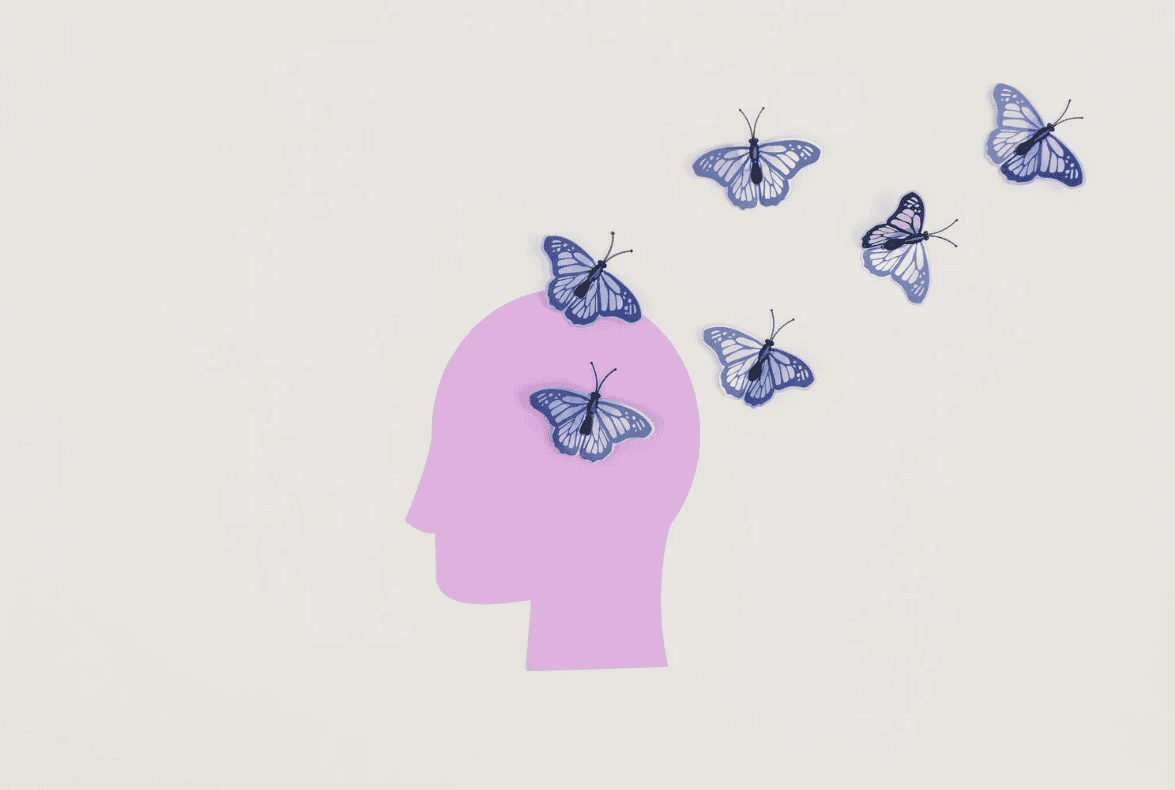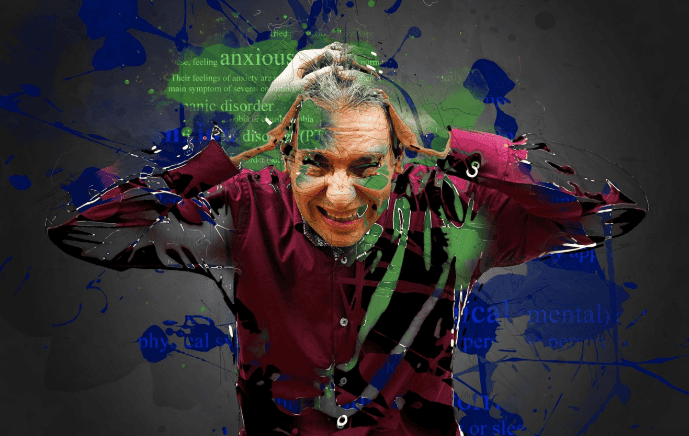In today’s fast-paced, technology-driven world, people are spending less time outdoors than ever before. While modern life has brought convenience and efficiency, it has also distanced many of us from the natural world.
Exploring the role of nature in mental health reminds us that reconnecting with green spaces can restore balance, reduce stress, and improve overall well-being.
Research in psychology and related fields increasingly points to the importance of reconnecting with nature for maintaining and improving mental health. The relationship between the environment and our psychological well-being is not only fascinating but also deeply relevant to how we live our daily lives.
The Psychological Benefits of Nature
Being in nature, whether it’s a walk through a forest, a quiet moment in a park, or even sitting near a window with a view of greenery, can have significant mental health benefits.
Studies show that time outdoors can reduce stress, lower anxiety, and even ease symptoms of depression (Bratman, Anderson, Berman, Cochran, de Vries, Flanders, Folke, et al., 2019).
The sights, sounds, and scents of natural environments stimulate the senses in calming ways that urban settings often cannot provide.
One explanation for this effect is the biophilia hypothesis, the idea that humans have an innate connection to the natural world (Wilson, 1984). Because we evolved in natural environments, our brains and bodies respond positively when we return to them.
Exposure to natural light helps regulate circadian rhythms, improving sleep patterns. The physical act of walking outdoors can also release endorphins, the brain’s “feel-good” chemicals, which boost mood and energy.

Nature and Stress Reduction
Stress is a common challenge in modern society, but nature offers a powerful, low-cost remedy. The role of nature in mental health encourages the body to shift from a state of “fight or flight” to “rest and digest.” Spending even 20 minutes in a green space can reduce cortisol levels—the hormone associated with stress (Hunter, Gillespie, & Chen, 2019).
For example, a study conducted in Japan popularized the concept of forest bathing or shinrin-yoku. Participants who immersed themselves in wooded areas experienced lower blood pressure, reduced heart rates, and improved mood (Park, Tsunetsugu, Kasetani, Kagawa, & Miyazaki, 2010).
This evidence suggests that simply slowing down and engaging with nature can be a valuable tool for stress management.
Nature’s Role in Attention and Cognitive Health
In addition to its emotional benefits, the role of nature in mental health also contributes to improved focus and cognitive functioning. Psychologists Stephen and Rachel Kaplan developed the Attention Restoration Theory (ART), which explains that modern life often leads to “directed attention fatigue,” where our ability to concentrate becomes drained by constant stimulation (Kaplan & Kaplan, 1989).
Natural settings, in contrast, allow for “soft fascination,” a type of gentle engagement that gives the brain a chance to rest and recharge. Activities like watching clouds drift, listening to a stream, or observing wildlife can restore cognitive energy.
This helps improve concentration, creativity, and problem-solving abilities once we return to work or study (Berman, Jonides, & Kaplan, 2008).
The Impact on Children and Adolescents
Children and adolescents may experience unique benefits from time outdoors. Increasing research links screen time and indoor lifestyles to rising rates of anxiety, depression, and attention difficulties among young people. Time spent in green spaces provides opportunities for unstructured play, social interaction, and physical activity—all of which support mental health and resilience (Gill, 2014).
Schools that incorporate outdoor education and nature-based activities often report improvements in students’ focus, cooperation, and overall well-being. Encouraging children to engage with nature may not only help reduce mental health challenges but also foster lifelong habits of balance and self-care.
Nature as a Complementary Therapy
While nature is not a replacement for professional treatment in cases of serious mental illness, it can be a valuable complementary therapy. For individuals undergoing counseling, therapy, or medication management, spending time outdoors may enhance the effectiveness of these interventions.
Programs like ecotherapy and horticultural therapy are growing in popularity, incorporating gardening, wilderness activities, and animal-assisted experiences into treatment plans (Buzzell & Chalquist, 2009).

Making Nature Part of Everyday Life
One of the best aspects of nature in mental health is its accessibility. Unlike costly therapies or medications, many forms of nature exposure are free or inexpensive. Even small doses can make a difference:
- Take a walk in a local park during lunch breaks.
- Bring plants into your home or office space.
- Practice mindfulness outdoors by listening to birds, noticing trees, or feeling the breeze.
- Spend weekends exploring trails, rivers, or coastal areas.
The key is consistency—making nature part of a regular routine rather than an occasional escape.
Conclusion
The role of nature in mental health is both timeless and increasingly urgent in our modern context. As more people struggle with stress, anxiety, and disconnection, the natural world offers a simple yet powerful source of healing.
From reducing stress and restoring attention to supporting children’s development and complementing therapy, nature proves to be an essential partner in psychological well-being. By making intentional efforts to reconnect with the outdoors, we can nurture not only our minds but also our sense of balance and belonging in the world.




























